核心提示:Communication is a part of a scientist’s everyday life. Scientists must give talks, write papers and proposals, communicate with a variety of audiences, and guide others. In this session, Mr. Johnny Yu will give you some advice on how to write the email, through which you can also become a more effective email communicator. Ms. Sun Chang will talk about the pronunciation problems which students normally have, together with the advice on skills as how to improve listening and speaking competence.
Effective Communication, Better Science
Host: Shahid Syed Junaid
Text: April (姚培昕)
Photo: Echo (徐蕾);Enjoy (尹作遥)
Video: Zheng Zhenqi (郑镇奇)
Editor: Liu Shanhong (刘山洪) ;Stephen C. McClure
About the speaker
Mr. Johnny Yu, the guidance planner and the former US Amazon warehouse manager, was responsible for the Amazon AFE department to improve shipments efficiency. He is good at exploring students’ personality and characteristics, and making pertinent writing guidance and application guidance.
Ms. Sun, graduated from University of New South Wales (Master of Teaching), is an experienced IELTS teacher in listening and speaking. She is also the leader of teaching and researching group of IELTS Listening and the course designer of the Commonwealth Sector in New Orientation School.
About this English Geo-Science Café session
At 19:00, 24th April, 2018, Mr. Johnny Yu and Ms. Sun Chang attended English Geo-Science Café No.21, and delivered a speech on the topic of Effective Communication. This session was divided into two sections. Section A is Writing an effective email given by Mr. Johnny Yu, aimed to address the following issues: 1) As a researcher, when you use emails to exchange ideas, how to avoid basic errors, such as discourteousness, catachresis, and improper logic; 2) How to discriminate formal and personal email writing. Section B is Speaking English fluently in daily life given by Ms. Sun Chang.This section was comprised of three parts: 1) What is the incorrect pronunciation that you should avoid? 2) How to improve the listening skills? 3) How to improve the speaking skills?
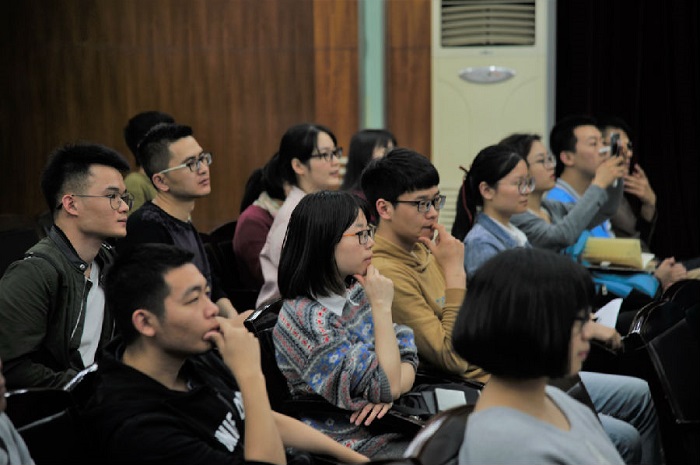
Fig.1 Audiences were Listening to the Speech Carefully
Section A: Writing an effective email
Mr. Johnny Yu started with an example of a misunderstanding caused by all caps, intended to give us the first tip: do not use all caps in your emails. He outlined the five parts of his speech: 1) Avoid Catachresis, Chinglish, and Slangs; 2) Find the Right tone; 3) How to Write Logically; 4) Characteristics of a Good Academic Email; 5) Key to Writing Effective Emails.
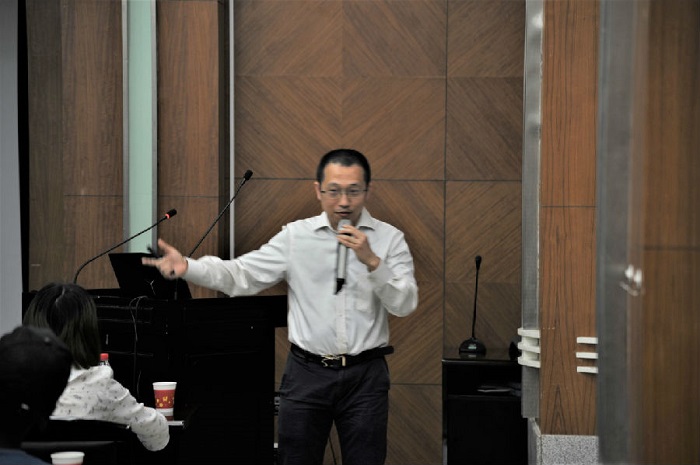
Fig.2 Mr. Johnny was Giving the Talk of EGSC Session 21
1) Avoid Catachresis, Chinglish, and Slangs
At the beginning, Mr. Johnny Yu offered a definition that catachresis is using of the wrong word for the context, or a forced especially paradoxical figure of speech. Then, he enumerated some examples of catachresis caused by direct translation where most Chinese people make the problem, and intended to elicit his two advices on avoiding this problem: 1) ask native speakers; 2) use big data to your advantage (Internet).
2) Find the Right Tone
According to Mr. Johnny, it’s important to figure out who is your audience before you write an email. You can select the right tone of your language. The tone demonstrates the writer’s attitude toward the subjects and audiences. In addition, it is not just what you say. It is also about how to say it. For example, sometime you might be intent to say something nice but they may think you are shouting at them, because you sent all caps. That is called the miscommunication. Moreover, the inappropriate tone can cause your readers to ignore, misinterpret or over-react to your messages.
Then he introduced two tones: the informal tone and the formal tone. The informal tone is commonly used in three purposes:
• Informal Greetings and closing (e.g. Hi, bye)
• Informal Writings (i.e. Not written in complete sentences; Use slang, abbreviation, or emoji)
• Colloquial Expressions (e.g. kids, guys, awesome)
The attitude of informal tone is casual. The suitable audience is your friends. Here’s an example:
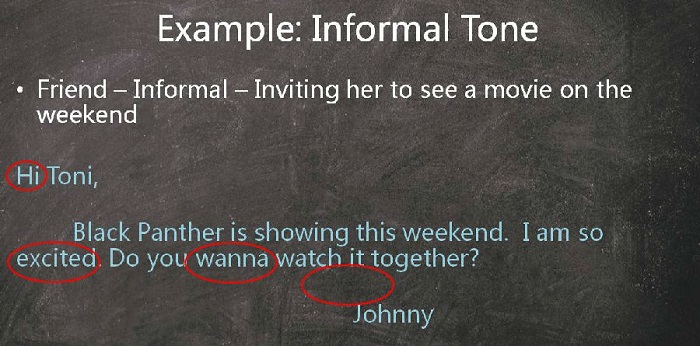
Fig.3 An example of Informal Tone
Formal tone can be used in two purposes:
• Formal Greetings and Closings (e.g. Dear Dr. Smith, Sincerely yours)
• Formal Writing (i.e. Must write in complete grammatically correct sentences; Must not use slang, abbreviation, or emoji)
The attitude of informal tone is professional. The suitable audiences can be professors, supervisors, or customers. Here’s an example:
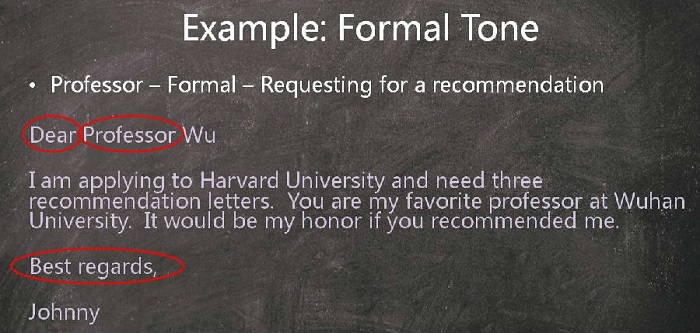
Fig.4 An example of Formal Tone
3) How to Write Logically
Mr. Johnny pointed out when expressing your studies or ideas; you’d better state the conclusion first. He cited two comparable examples to illustrate his point of view. The first example is in chronological orders, and the next one puts the result first.
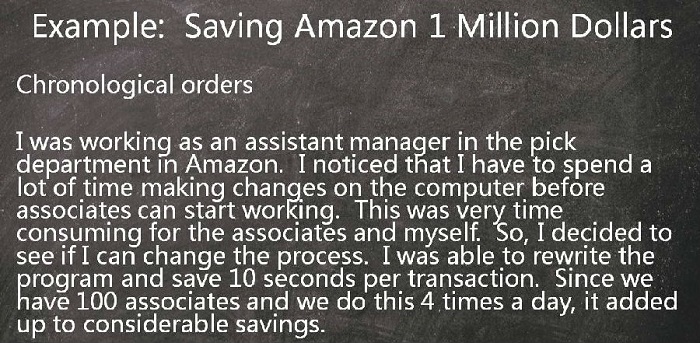
Fig.5 A story in chronological orders
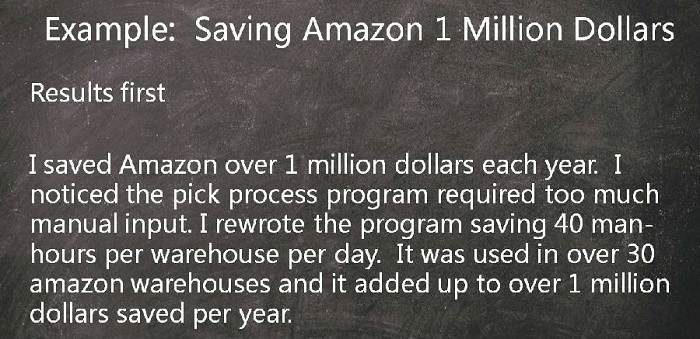
Fig.6 A story putting results first
As we can see, the last story is much faster, much clear, and much succinct. Mr. Johnny stated that putting results first is the fastest way to get the ideas crossed. It makes communication much easier. Consequently, setting results before the evidence is the way we should use.
4) Characteristics of a Good Academic Email
In this part, Mr. Johnny listed three key points:
• Informative subject line
Mr. Johnny gave some examples of informative subject line for different purposes:
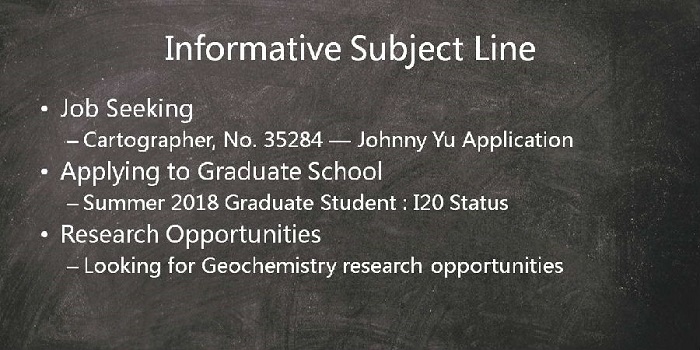
Fig.7 Informative Subject Line for Different Purpose
• Formal tone
• Concise and specific
After in-depth analysis of two job seeking emails, Mr. Johnny gave us a mail template.
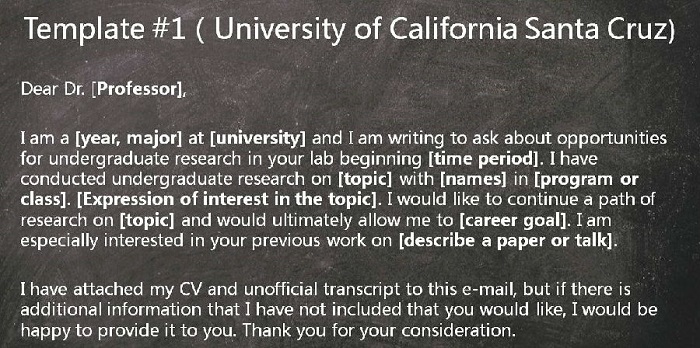
Fig.8 A Mail Template given by Mr. Johnny
5) Key to Writing Effective Emails
In the end, Mr. Johnny summarized the main conclusion of his speech:
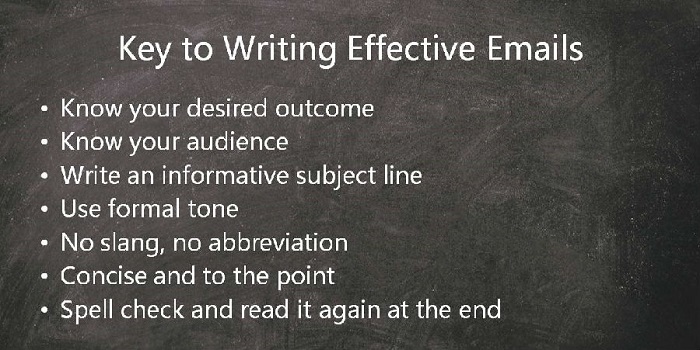
Fig.9 Key to Writing Effective Emails
Section B: Speaking English fluently in daily life
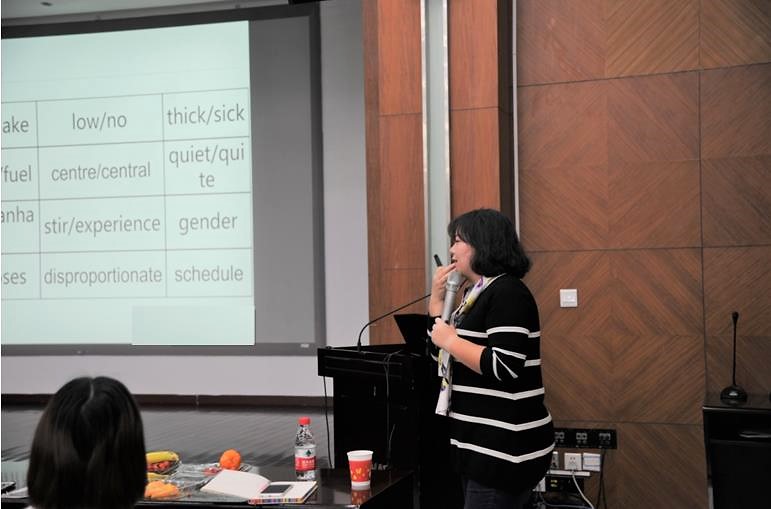
Fig.10 Ms. Sun was Giving the Talk of EGSC Session 21
At the beginning, Ms. Sun shared an anecdote with a Thailand taxi driver. At one night she was on the way to the hotel and totally confused by “right” and “left” that the taxi driver said. Compared to the accent problem, she thought this misunderstanding is mainly caused from pronunciation mistakes. Ms. Sun said there are a wide variety of accents, and it’s ok to hold one. Accent is something that makes you recognizable and stands out from the other people. She thinks the pronunciation problem is one of the main causes of misunderstanding.
1) What is the incorrect pronunciation that you should avoid?
Ms. Sun listed the most common pronunciation problems made by Chinese students. She invited several students to pronounce them and then pointed out their problems. When it comes to the word “schedule”, she mentioned the difference between British and American pronunciation. In British English “schedule” is pronounced ['ʃedjuːl], while in American English “schedule” is pronounced ['skedʒəl]. Students may react slower when those words appears in IELTS Listening audio.
Ms. Sun then emphasized the importance of phonetic symbolswhich have an influence on how people understand you.
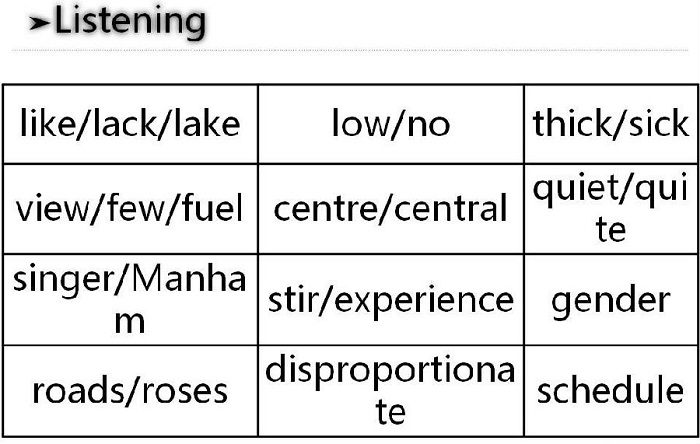
Fig.11 The Most Common Pronunciation Problems
2) How to improve the listening skills?
On this issue, four suggestions were given by Ms. Sun:
• Correct pronunciation
To pronounce a word correctly, the first thing you can do is imitation. BBC videos are good study materials since they use the received pronunciation. The second one is gesture. One way to remember the pronunciation of a word is waving your arm with the undulation of pronunciation.
• Analyzing question properly
“You don’t need to listen to every word, but you must know what you listen for”, said Ms. Sun. When taking IELTS test, it’s necessary to figure out the characteristic of the word that you are looking for before the audio play.
• Effective vocabulary
Ms. Sun suggested that we should write done the mistake we made and analyze them. Over time, the personalize vocabulary will be built for the English test.
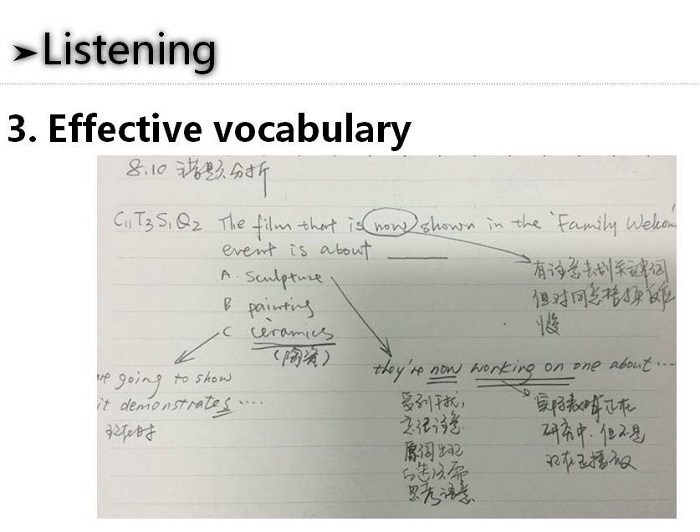
Fig.12 An Example of Deep Analysis of A Mistake
• Quick response
There are two approaches to improve the response. One is to do the dictation everyday, which can enhance the reaction when you hear several sentences together, especially when a very complex sentence occurs. The other thing is shadowing which can save you a lot of time. Also, it will be much fun by dubbing for a movie clip or commercials.
3) How to improve the speaking skills?
In this part, Ms. Sun first introduced the speaking test and the criteria of scoring: Fluency & Coherence; Lexical Resource; Grammatical Range & Accuracy; Pronunciation. Based on those rules, Ms. Sun summarized four points:
• Give longer answers and speak in degrees
Increasing the details as more as possible. For example, when talk about “what would you want to do?” Your answer should better cover people, time, reason, where, how and other factors.
• Use connectives and fillers
Fillers can make your speaking more natural, such as you know, basically, kind of etc. The native speakers use it frequently.
• Don’t recycle vocabulary
• Record yourself
At the end, we took a smiling group photo together.
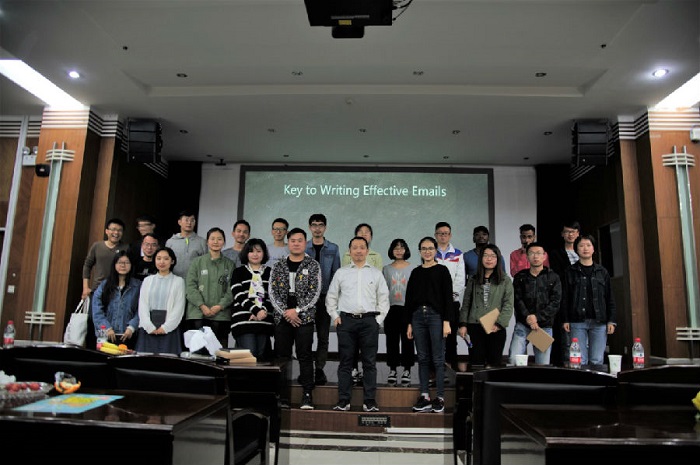
Fig.13 Group Photo of Speakers, EGSC Members and part of Audiences
Q&A:
Q: I have a question for Mr. Johnny. How do you handle conflicts between colleagues and boss in a professional way?
A: The first thing is that you all work in the same company. How long could the company operate well is not just your individual’s achievement, and it’s also the combination between your partners. The second thing is try to put yourself in other person’s mind, to think why the person reacting this way. According to my working experience, if you want to be successful in a business environment, you need to build a lot of relationships between different people and different department.